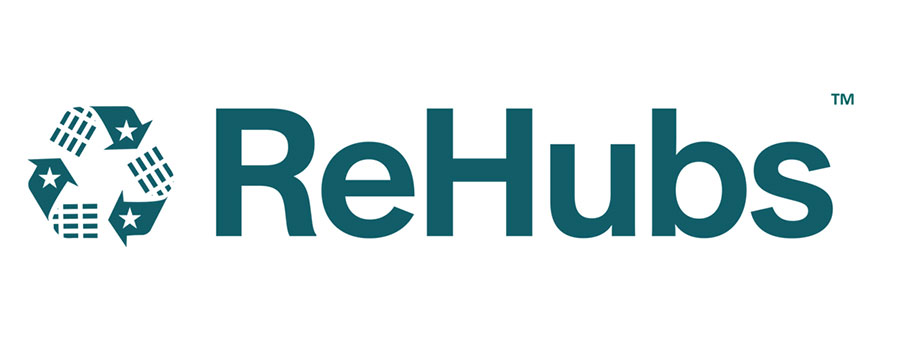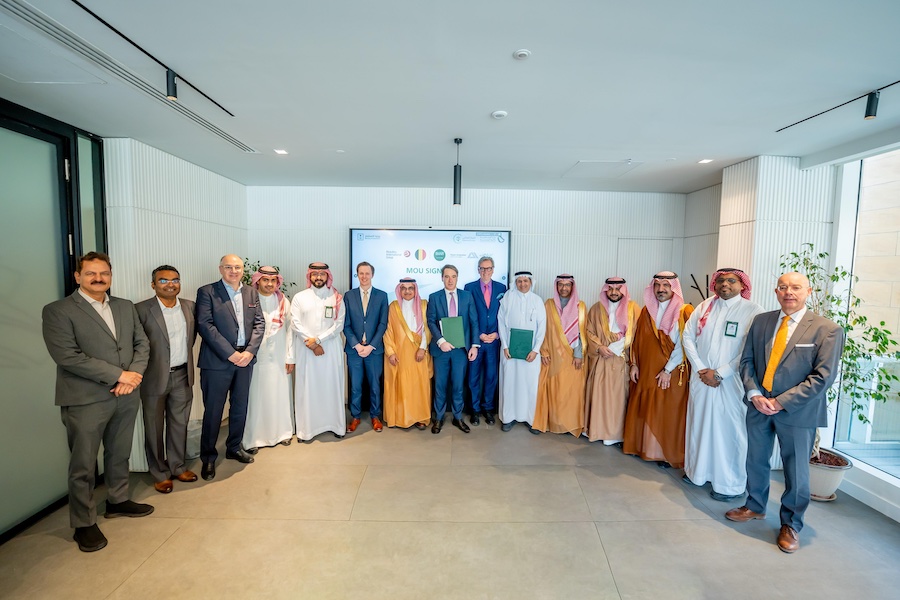#Recycling / Circular Economy
ReHubs 2022 circulating textile waste into value

Europe has a 7-7.5 million tons textile waste problem, of which only 30-35% is collected today
The textile recycling industry in Europe could reach economic, social and environmental benefits for €3.5 billion to €4.5 billion by 2030
“Transform Waste into Feedstock” announced as first project supported by the ReHubs, and aiming at building up a first 50,000 tons capacity facility by 2024.
Transforming a societal challenge into an opportunity
Based on the ambitious European Waste law, all EU Member States must separately collect the textile waste in 2 years and half. While some countries are designing schemes to face the waste collection challenge, currently no large-scale plan exist to process the waste.
The largest source of textile waste (85%) comes from private households and approximately 99% of the textile waste was made using virgin fibers.
We assess that to reach a fiber-to-fiber recycling rate of around 18 to 26 percent by 2030, a capital expenditure investment in the range of 6 billion € to 7 billion € will be needed, particularly to scale up sufficient sorting and processing infrastructure. The economic, social, and environmental value which could be realized, potentially total an annual impact of €3.5-4.5 billion by 2030.
Once matured and scaled, the textile recycling industry could become a profitable industry with a total market size of 6-8 billion € and around 15,000 direct new jobs by 2030.
Facing the European textile waste challenge and to finally activate circular economy in the textile sector at large scale, EURATEX in collaboration with its members launched the ReHubs initiative in 2020.
Next steps of the ReHubs initiative
At this stage our joint work paves the way for:
A European textile recycling roadmap proposing Objectives and Key Results to recycle fiber-to-fiber 2.5 million of textile waste by 2030
A leading collaboration hub with large players and SMEs from across an extended European textile recycling value chain
A first concrete portfolio of 4 launching projects:
Transform textile waste into feedstock
Increase the adoption of mechanically recycled fibers in the value chain
Expand capacity by solving technical challenges for thermo-mechanical textiles recycling
Create capsule collection with post-consumer recycled products
The 1st project addresses current sorting technologies which have limits to identify materials with sufficient accuracy for the subsequent circular recycling processes. The “Transform Waste into Feedstock” project will focus on further developing and scaling such sorting technologies. The project group led by Texaid AG aims on building up a first 50,000 tons facility by the end 2024.
What is the ReHubs initiative?
The ReHubs initiative brings together key European and world players to solve the European textile waste problem by transforming “waste” into a resource, and to boost textile circular business model at large scale.
This collaboration is set to turn the societal textile waste issue into a business opportunity and to fulfil the EU ambitions of the Green Deal, of the mandatory texile waste collection by end 2024 and the transition into Circular Economy.
In 2020 EURATEX launched the ReHubs initiative to promote collaboration across the extended textile value chain and considering all perspectives on chemicals, fibers making, textiles making, garments production, retail and distribution, textiles waste collection, sorting and recycling.
In June 2022 ReHubs completes a Techno Economic master Study (TES) which researches critical information on the feedstock (textile waste) data, on technology, organizational and financial needs to recycle 2.5 million tons of textile waste by 2030 and to effectively launch the ReHubs.
Who participates in the ReHubs initiative so far?
To ensure inclusivity and mobilize resources, EURATEX has set three stakeholder groups:
A Business Council pooling together pioneering companies to perform the TES study; A Stakeholder Forum with a wider pool of business, research and academia players which has been gathered twice to share high-level information and support future collaboration.
A EURATEX Task Force with 14 national associations to review progress of the ReHubs and align with policy and industry developments and national level.
Acknowledgements
The accomplishment of the TES study has been made possible thanks to pioneering companies and to outstanding advisors.
Companies which have engaged in the ReHubs initiative and supported the TES study include:
















